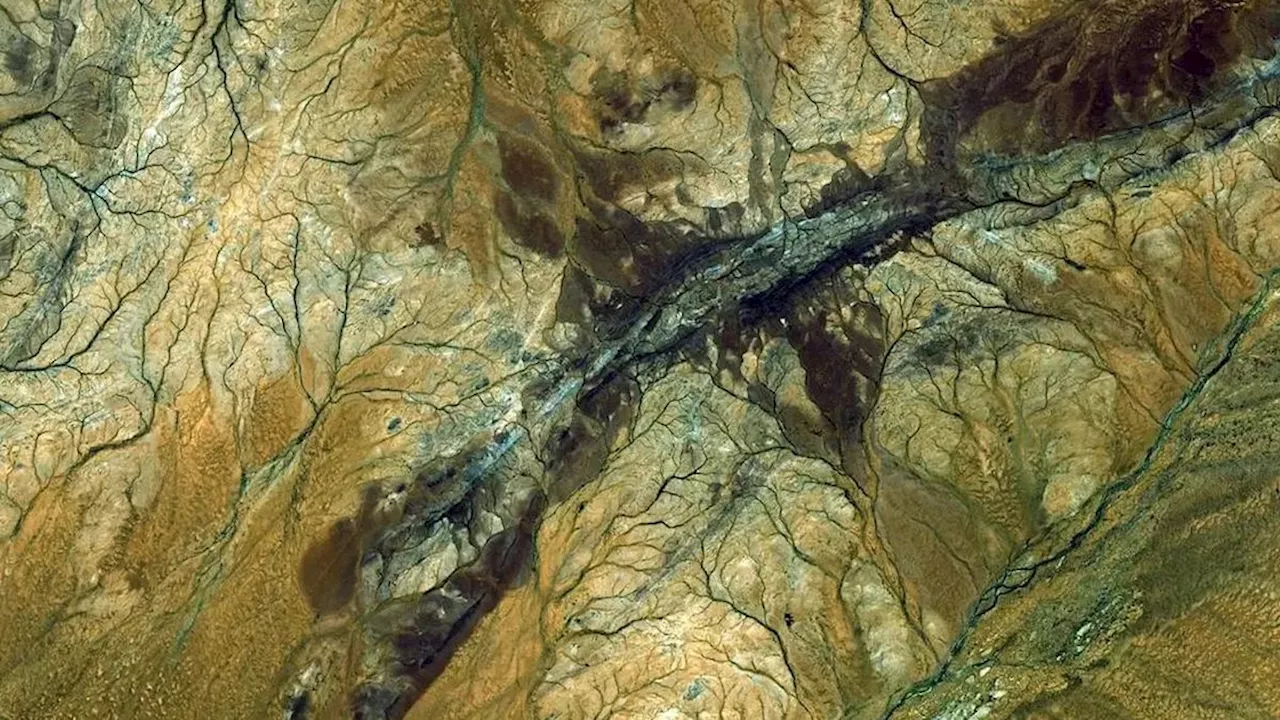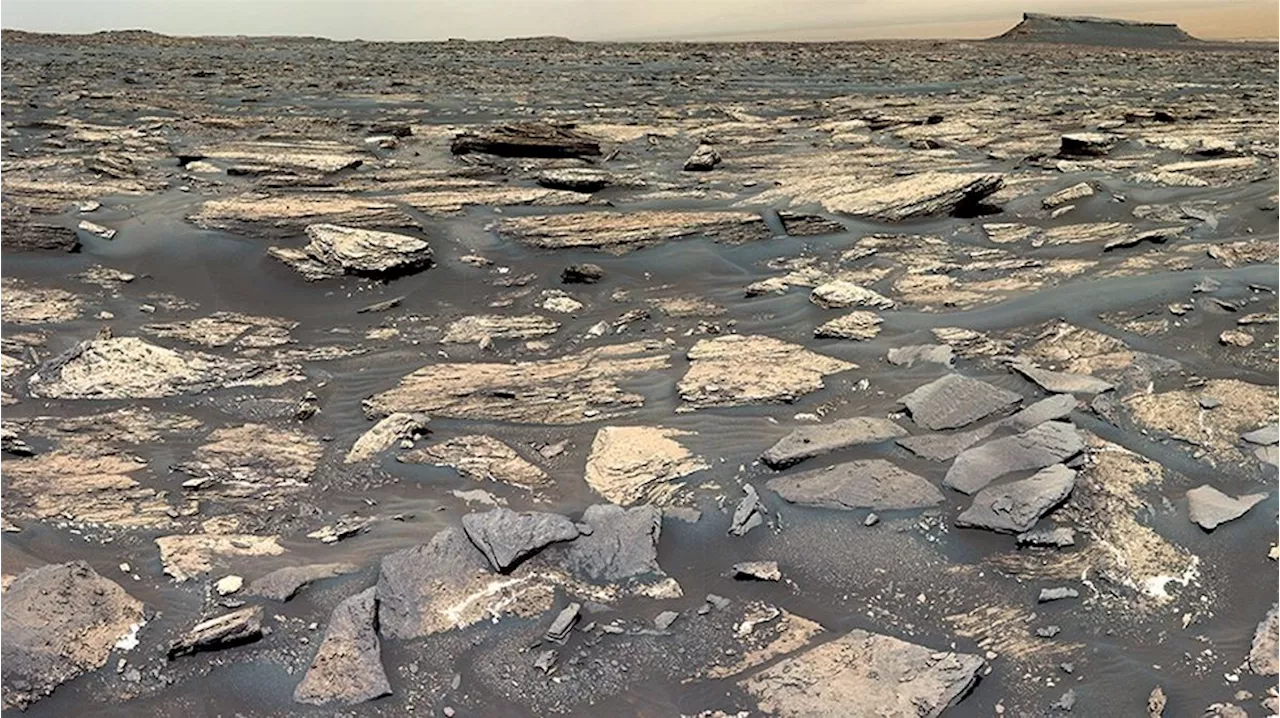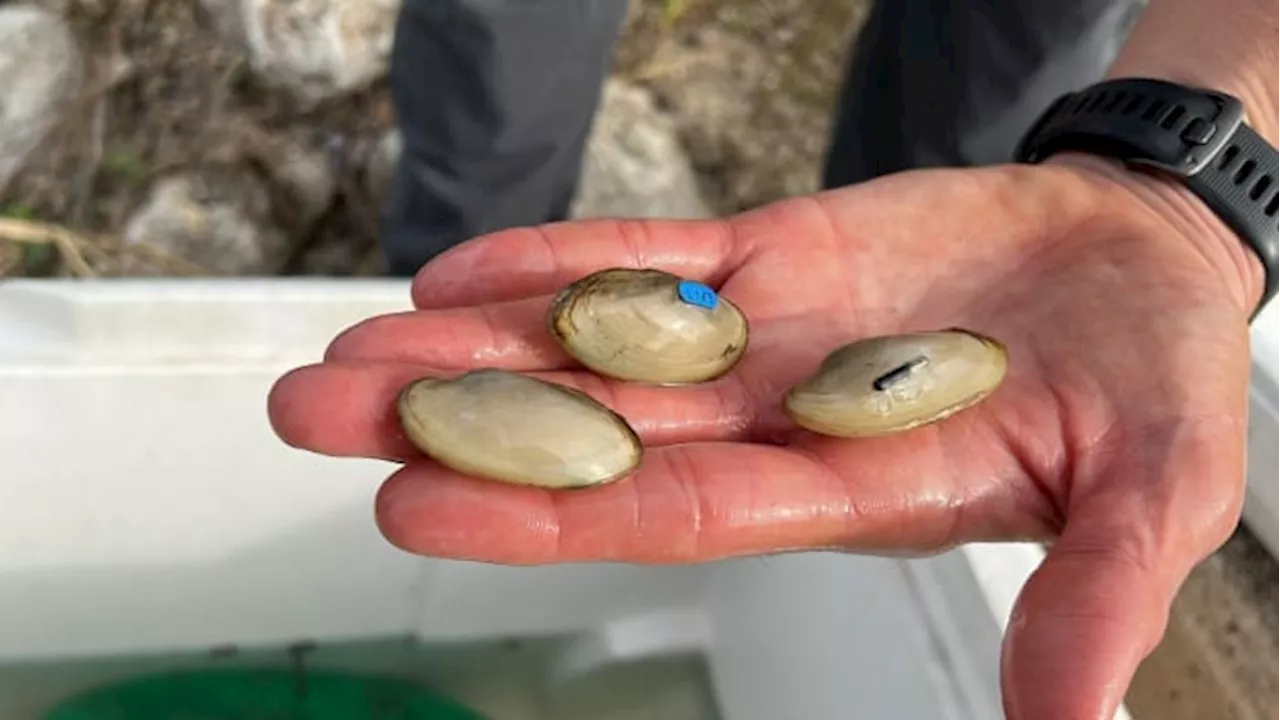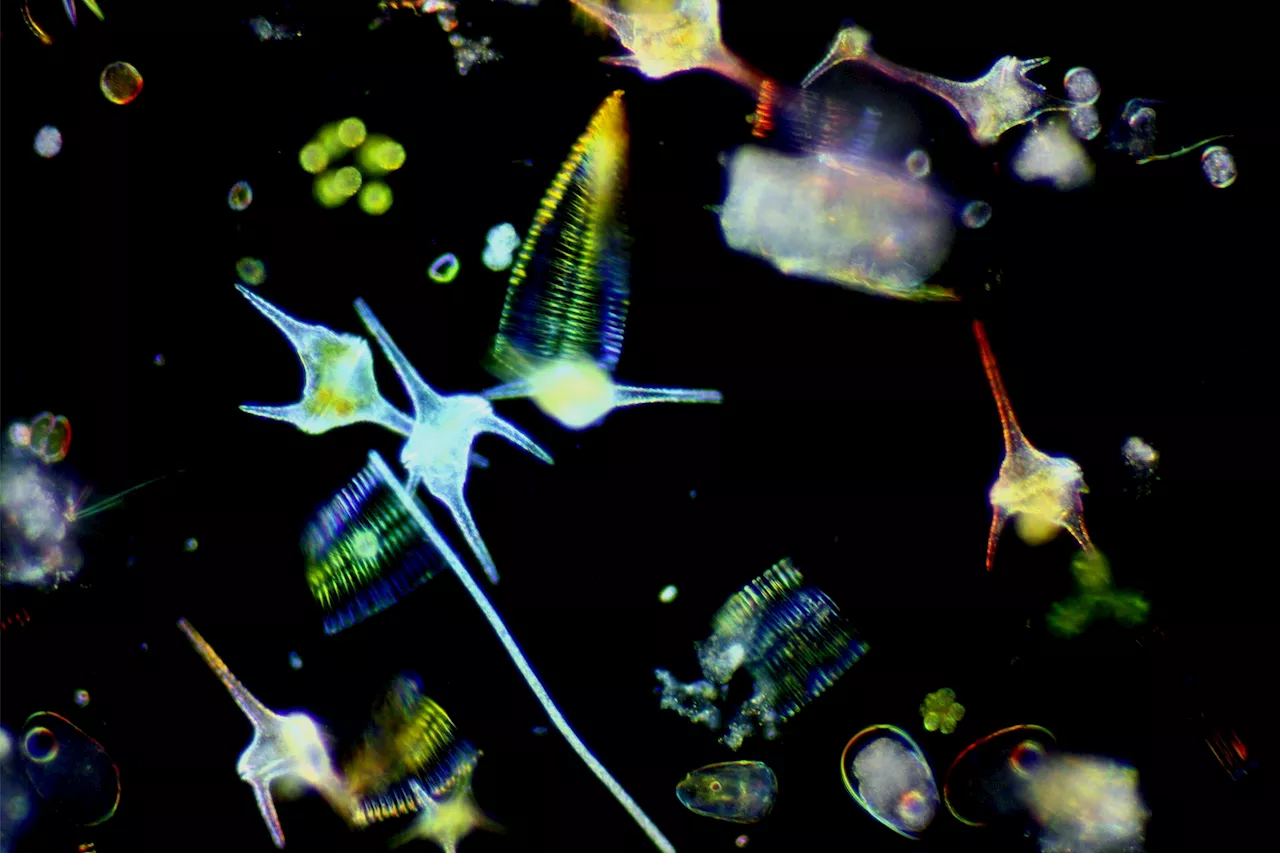Oxygen ratios in ancient zircon crystals suggest that the planet’s water cycle got started hundreds of millions of years earlier than thought.
Earth may have had fresh, not just salty, water as soon as 600 million years after the planet formed — a mere blink of an eye in geologic time.
Even if there was a freshwater cycle 4 billion years ago, that doesn’t mean there was necessarily life on Earth that far back, Gamaleldien says. “But at least we have the main ingredient to form life.” Currently,SN: 10/17/18Cycles of evaporation and rain alter the chemical makeup of water molecules. When water evaporates from the ocean’s surface, leaving the salt behind, the lighter form of oxygen, oxygen-16, tends to evaporate faster than the heavier oxygen-18.
The researchers analyzed oxygen isotopic ratios of more than 1,300 zircons. Most of the zircons had relatively heavy oxygen isotope values, as would be expected from seawater. But at two time periods, around 3.4 billion years ago and 4 billion years ago, the ratios indicated a greater proportion of lighter oxygen.
The team then ran thousands of computer simulations to determine the likelihood of different explanations for the observed ratios. “We concluded that the main water on Earth was oceanic,” or salty, Gamaleldien says. “But only when we used freshwater it create the results we see.” Furthermore, he says, the findings also suggest that enough land had emerged above sea level by that time to support a water cycle.
United Kingdom Latest News, United Kingdom Headlines
Similar News:You can also read news stories similar to this one that we have collected from other news sources.
 Earth may have had freshwater and continents just 200 million years after forming, ancient crystals revealRichard Pallardy is a freelance science writer based in Chicago. He has written for such publications as National Geographic, Science Magazine, New Scientist, and Discover Magazine.
Earth may have had freshwater and continents just 200 million years after forming, ancient crystals revealRichard Pallardy is a freelance science writer based in Chicago. He has written for such publications as National Geographic, Science Magazine, New Scientist, and Discover Magazine.
Read more »
 Fresh findings: Earliest evidence of life-bringing freshwater on EarthNew Curtin-led research has found evidence that fresh water on Earth, which is essential for life, appeared about 4 billion years ago—5 hundred million years earlier than previously thought.
Fresh findings: Earliest evidence of life-bringing freshwater on EarthNew Curtin-led research has found evidence that fresh water on Earth, which is essential for life, appeared about 4 billion years ago—5 hundred million years earlier than previously thought.
Read more »
 Mars may have been more Earth-like than we thought, discovery of oxygen-rich rocks revealsSharmila Kuthunur is a Seattle-based science journalist covering astronomy, astrophysics and space exploration. Follow her on X skuthunur
Mars may have been more Earth-like than we thought, discovery of oxygen-rich rocks revealsSharmila Kuthunur is a Seattle-based science journalist covering astronomy, astrophysics and space exploration. Follow her on X skuthunur
Read more »
 SARA reintroduces freshwater mussels in first-in-Texas conservation effortThe San Antonio River Authority is reintroducing 5,000 freshwater mussels into the river over the next month or two, generally between Interstate 10 and a little below Loop 410 on the South Side.
SARA reintroduces freshwater mussels in first-in-Texas conservation effortThe San Antonio River Authority is reintroducing 5,000 freshwater mussels into the river over the next month or two, generally between Interstate 10 and a little below Loop 410 on the South Side.
Read more »
 Cleveland Water Alliance's smart buoys make Lake Erie world's largest digitally connected freshwater bodyReporter at News 5 Cleveland
Cleveland Water Alliance's smart buoys make Lake Erie world's largest digitally connected freshwater bodyReporter at News 5 Cleveland
Read more »
 Limited adaptability is making freshwater bacteria vulnerable to climate changeFreshwater bacteria with small genomes frequently undergo prolonged periods of adaptive stagnation. Based on genomic analyses of samples from Lake Zurich and other European lakes, researchers at the University of Zurich have uncovered specific evolutionary strategies that shape these bacteria's lifestyles.
Limited adaptability is making freshwater bacteria vulnerable to climate changeFreshwater bacteria with small genomes frequently undergo prolonged periods of adaptive stagnation. Based on genomic analyses of samples from Lake Zurich and other European lakes, researchers at the University of Zurich have uncovered specific evolutionary strategies that shape these bacteria's lifestyles.
Read more »
